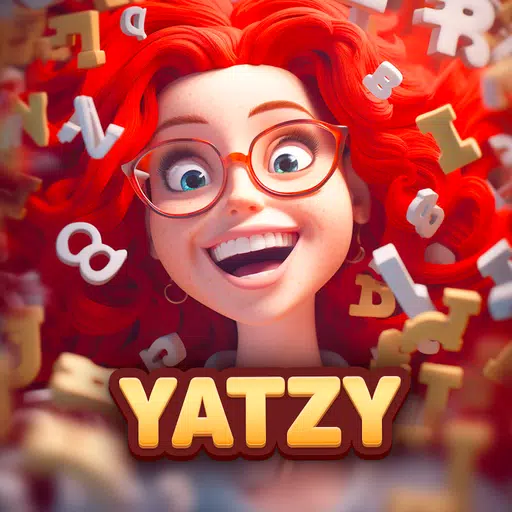Nintendo Refuses to Use Generative AI in Their Games
Nintendo's Stance on Generative AI in Game Development
While the gaming industry increasingly explores generative AI, Nintendo maintains a cautious approach, prioritizing IP rights and its unique development philosophy.
Nintendo President Shuntaro Furukawa recently confirmed the company's current lack of plans to integrate generative AI into its games, citing intellectual property concerns as the primary reason. This was revealed during an investor Q&A session focusing on AI's role in game creation.
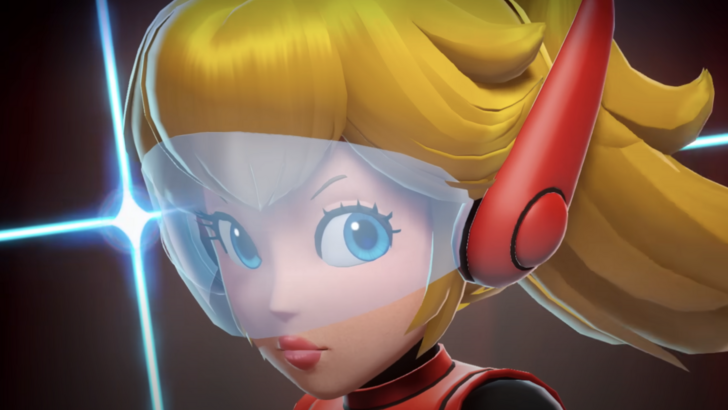
Furukawa acknowledged AI's long-standing presence in game development, particularly in NPC behavior control. However, he distinguished between traditional AI and the newer generative AI, capable of creating diverse content like text, images, and videos through pattern learning.
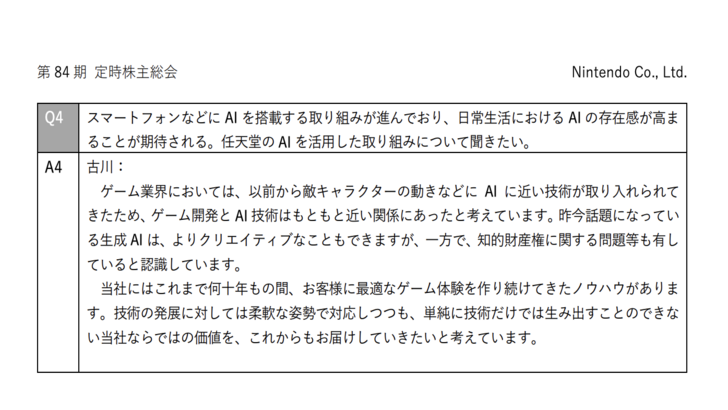

He recognized generative AI's creative potential but highlighted the significant risks related to IP rights and potential copyright infringement. This cautious stance reflects the potential for generative AI tools to inadvertently replicate or infringe upon existing copyrighted works.
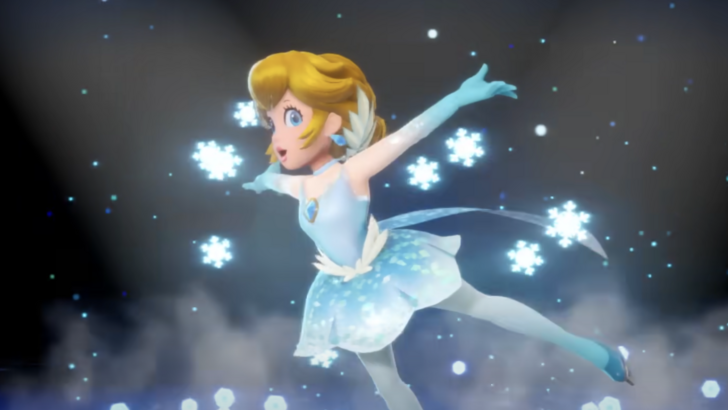
Furukawa emphasized Nintendo's commitment to its established development methods, built on decades of experience and a focus on unique gaming experiences. He stressed the company's dedication to delivering value that transcends mere technological advancements.
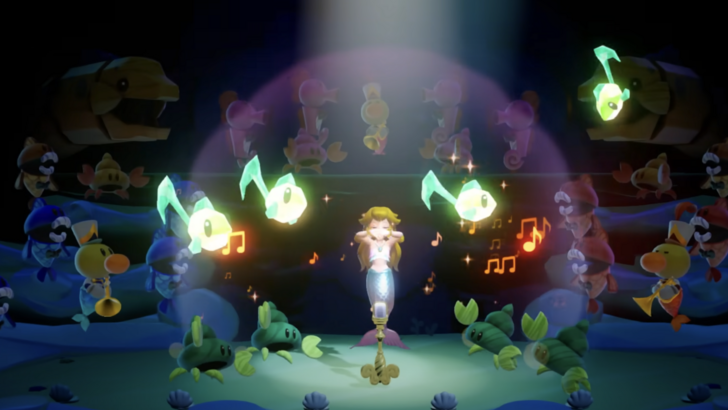
This position contrasts with other gaming giants. Ubisoft, for example, utilizes generative AI in its Project Neural Nexus, viewing it as a tool to enhance, not replace, human creativity. Similarly, Square Enix and Electronic Arts see generative AI as a valuable asset for content creation and development process optimization. However, Nintendo's unique approach prioritizes its established creative processes and the protection of its intellectual property.
-
1
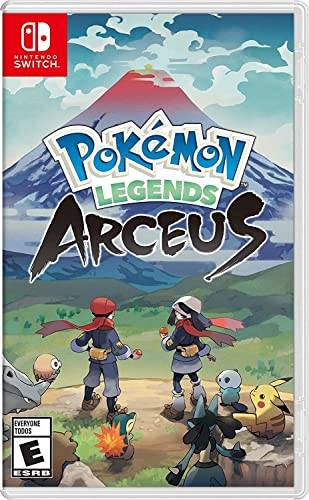
Every Pokémon Game on the Nintendo Switch in 2025
Feb 25,2025
-
2

Roblox: Trucking Empire Codes (January 2025)
Mar 05,2025
-
3
![Anime Vanguards Tier List – Best Units For Each Gamemode [UPDATE 3.0]](https://images.gzztb.com/uploads/35/17376012656791b0f12fa1c.jpg)
Anime Vanguards Tier List – Best Units For Each Gamemode [UPDATE 3.0]
Feb 27,2025
-
4

Poring Rush, the casual battling spin-off from hit MMORPG Ragnarok Online, is out now
Dec 30,2024
-
5
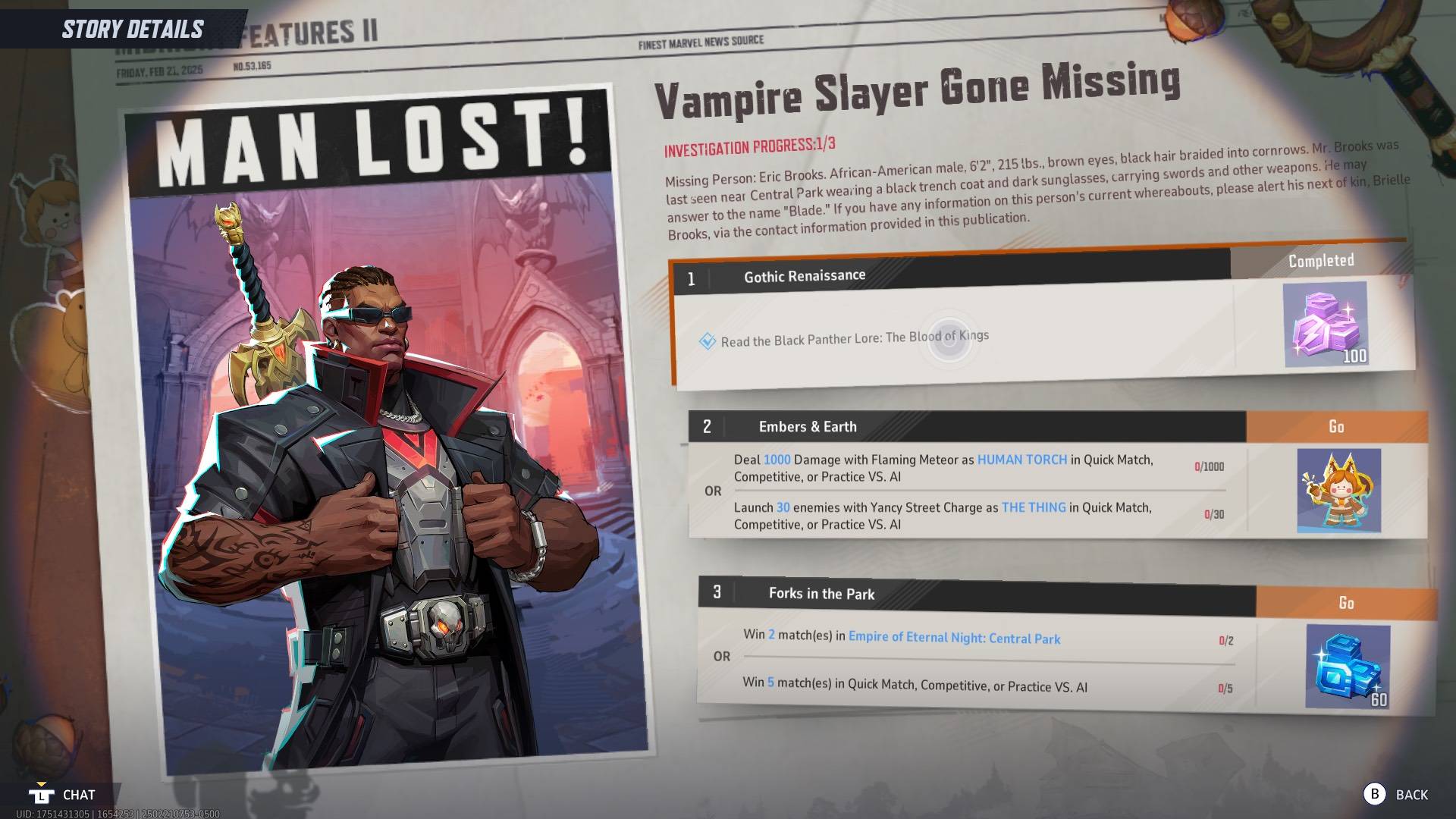
How To Read Black Panther Lore: The Blood of Kings in Marvel Rivals
Mar 01,2025
-
6
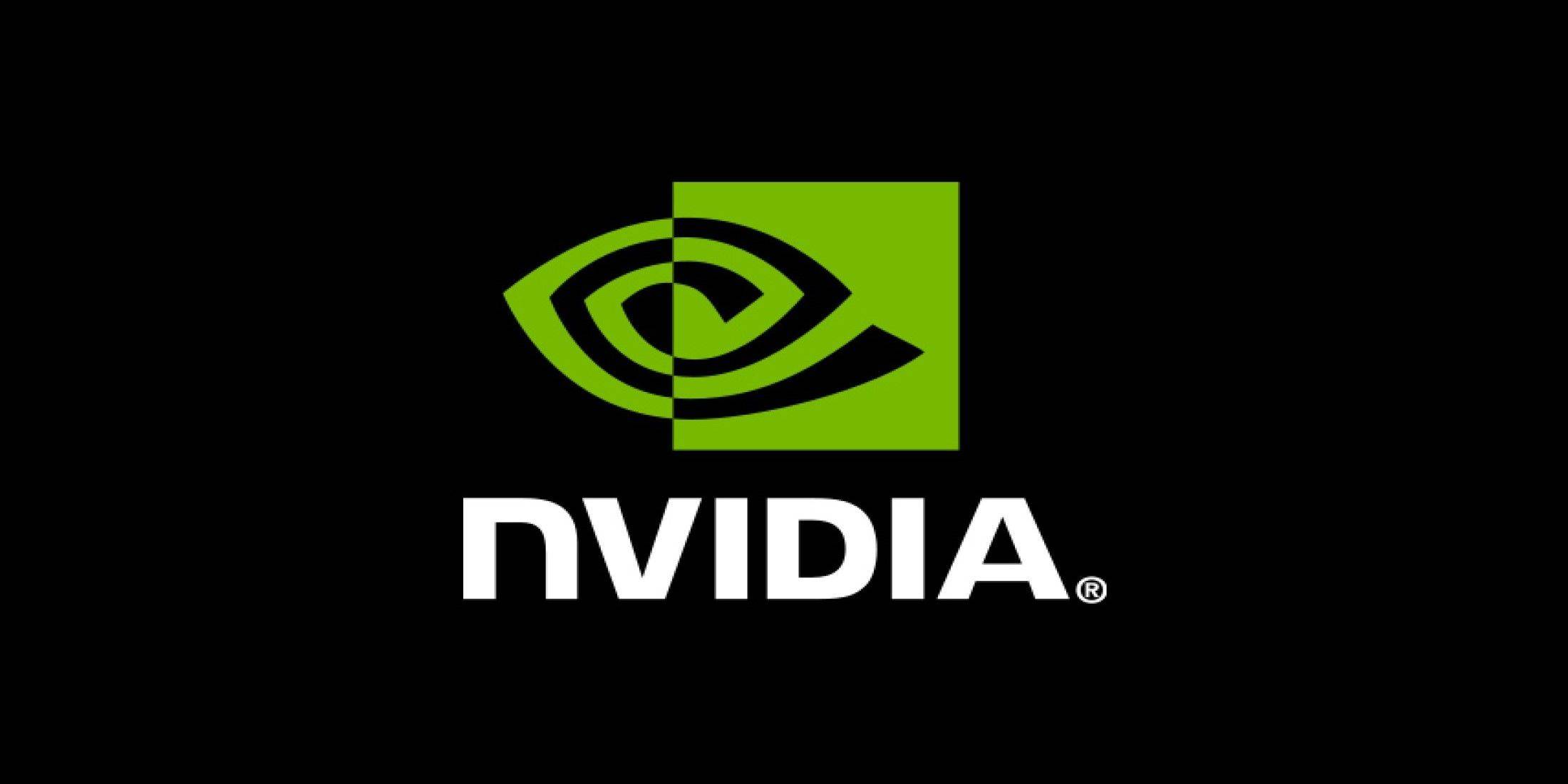
Nvidia RTX 5090 Specs Leak: Rumor Confirmed?
Mar 14,2025
-
7

Ragnarok X: Next Gen - Complete Enchantment Guide
May 25,2025
-
8
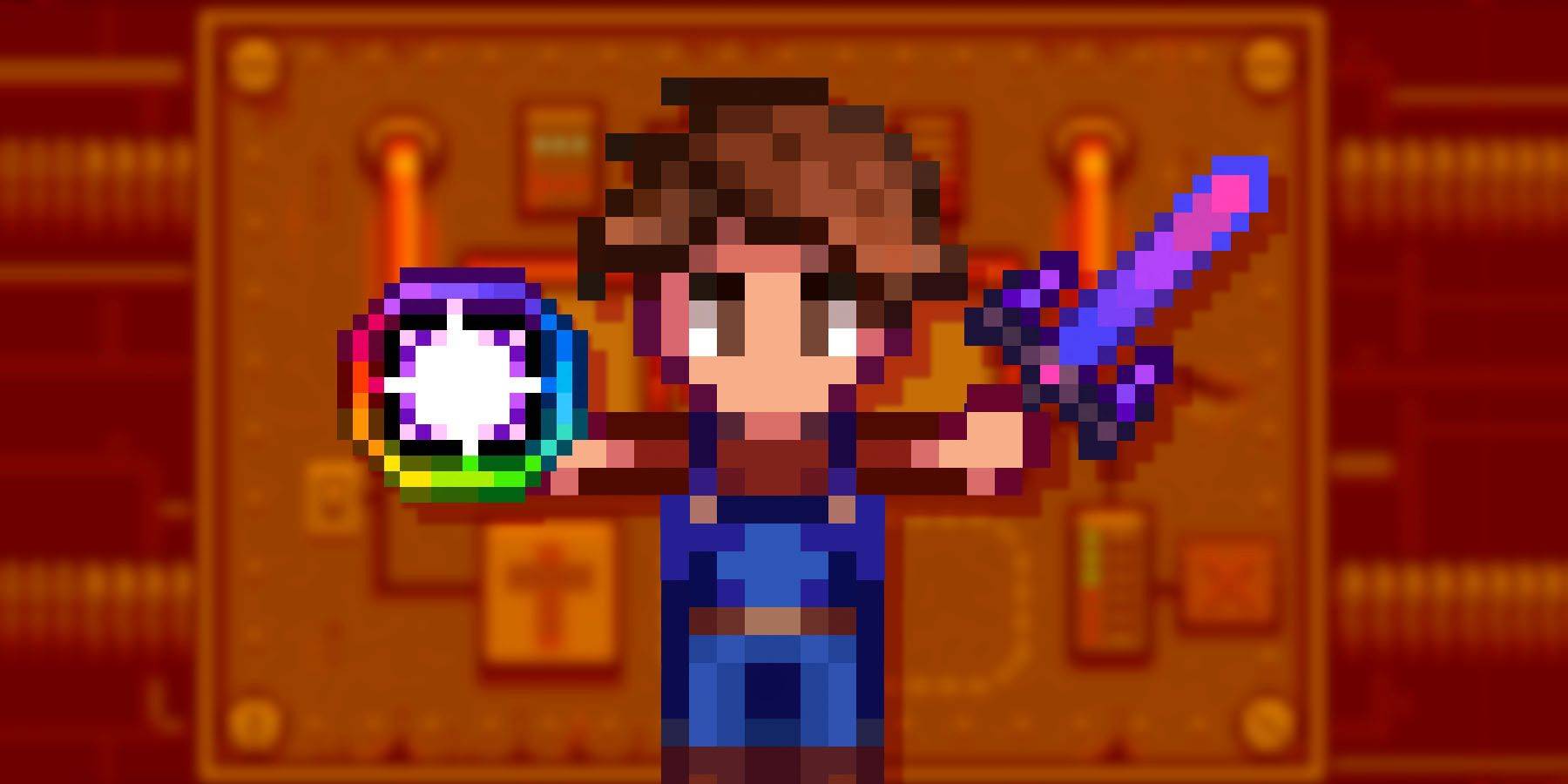
Stardew Valley: A Complete Guide To Enchantments & Weapon Forging
Mar 17,2025
-
9
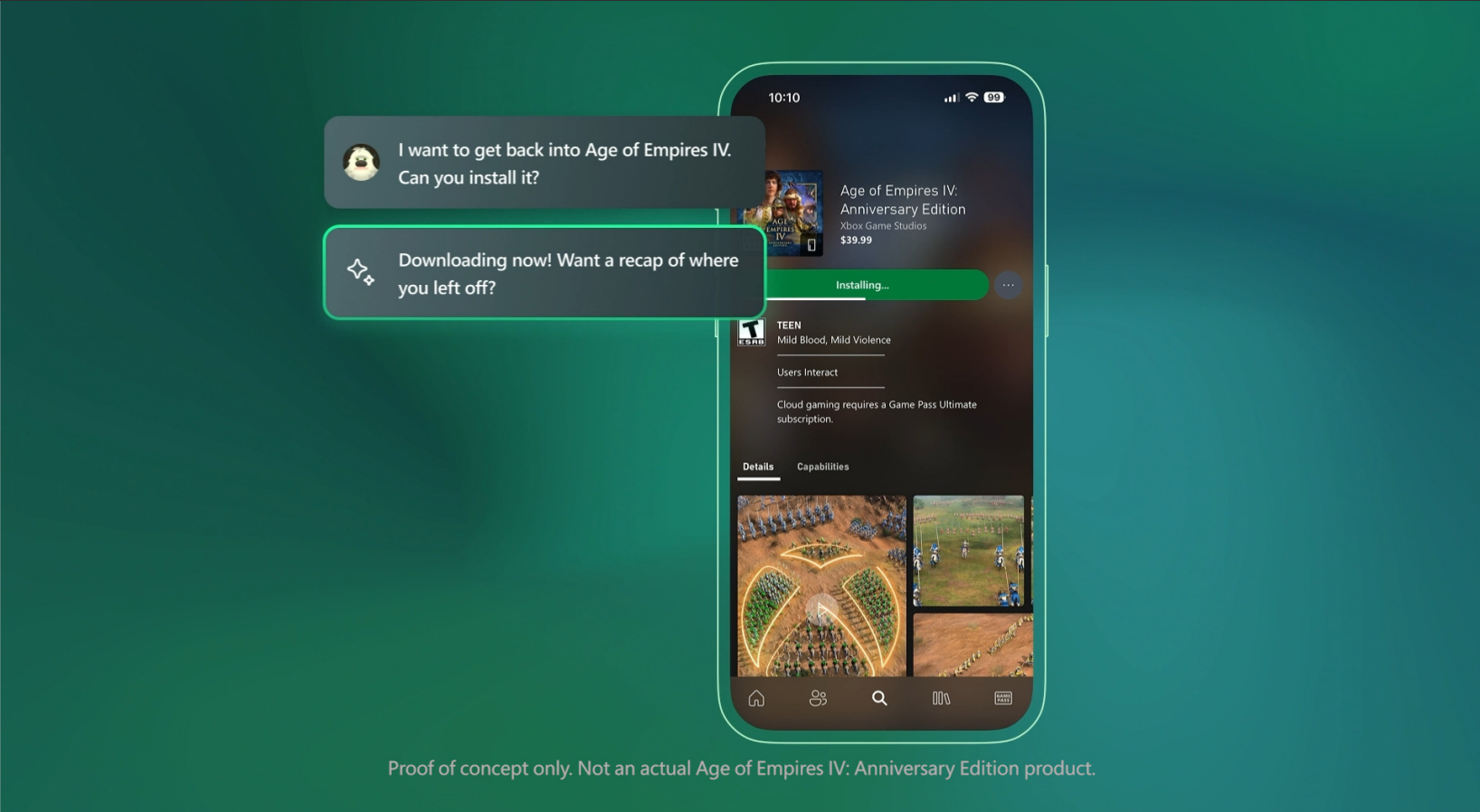
Microsoft to Integrate Copilot AI into Xbox App and Games
May 21,2025
-
10

Hearthstone has kicked off the Year of the Raptor with a myriad of new content
Mar 16,2025
-
Download

The Golden Boy
Casual / 229.00M
Update: Dec 17,2024
-
Download

Niramare Quest
Casual / 626.43M
Update: Feb 21,2023
-
Download
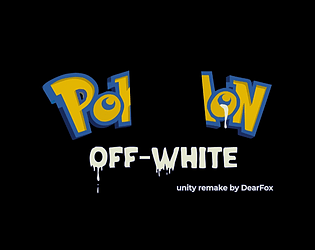
POW
Casual / 38.00M
Update: Dec 19,2024
-
4
Mother's Lesson : Mitsuko
-
5
Gamer Struggles
-
6
How To Raise A Happy Neet
-
7
Poly Pantheon Chapter One V 1.2
-
8
Dictator – Rule the World
-
9
Strobe
-
10
Livetopia: Party











